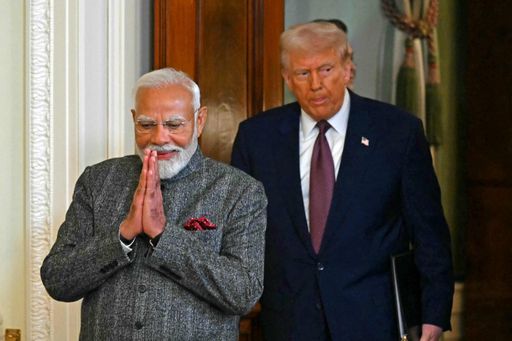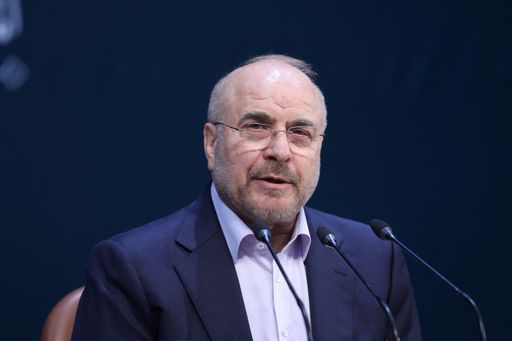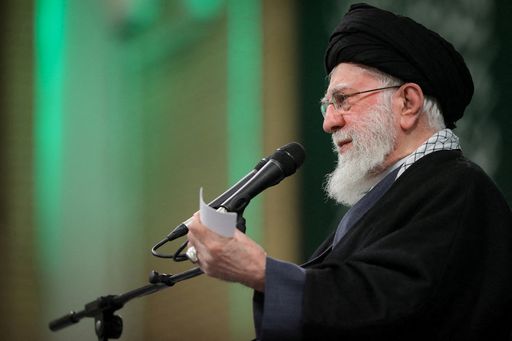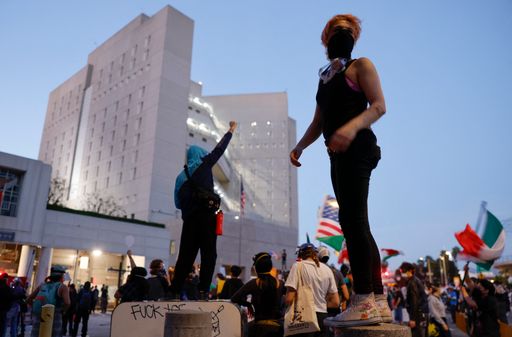Sport
Dollar
0,0000
%Euro
0,0000
%Gram Gold
0,0000
%Quarter Gold
0,0000
%Silver
0,0000
%Ankara’s pragmatic diplomacy makes it uniquely placed to act as the bridge between the West and East. Erdogan’s China trip precisely underlined this fact.
When President Recep Tayyip Erdogan addressed a host of global leaders at the Shanghai Cooperation Organisation summit in China’s Tianjin, it marked a pivotal moment for Türkiye as well as the bloc that represents 41 percent of the world’s population.
For Türkiye, the symbolism of Erdogan’s participation runs deeper than ceremony. Ankara is the first and only NATO member to hold SCO dialogue partner status, a distinction it has had since 2012.
This rare position highlights Türkiye’s deliberate effort to straddle two worlds: anchored in its traditional Western alliances, yet increasingly invested in Eurasian partnerships.
As global power fractures into rival camps, Ankara presents itself as a bridge between them—a country uniquely placed to navigate Brussels, Beijing, Washington and Moscow.
Under Erdogan’s leadership, Türkiye has steadily expanded its SCO footprint. In 2017, it chaired the SCO Energy Club, a role that placed Ankara at the nexus of Eurasia’s most critical resource discussions.
More recently, trade with China and Russia—the SCO’s two leading powers—has surged, underscoring the economic logic behind deeper engagement.
Yet Ankara’s interest in the SCO is not merely transactional.
For Türkiye, the organisation is also a gateway to Central Asia, where Kazakhstan, Kyrgyzstan, and Uzbekistan—founding SCO members—share cultural, linguistic, and political bonds with Ankara through the Organisation of Turkic States.
Azerbaijan’s application for full SCO membership further amplifies this Turkic dimension. The SCO thus offers Türkiye geopolitical leverage and a platform to weave together its identity as a NATO power and a Eurasian actor.
A summit with global consequences
From August 31 to September 1, Tianjin hosted a gathering that could redefine Eurasian geopolitics.
The SCO, once a narrow security forum designed to combat terrorism, separatism, and extremism, has now transformed into one of the most consequential regional alliances of the 21st century.
With China, Russia, India, Pakistan, Iran, Belarus, and the Central Asian republics as full members, the SCO now represents a vast bloc that accounts for more than 34 percent of global GDP.
This year’s summit was held against the backdrop of multiple global crises: the war in Ukraine, instability in the Middle East, Donald Trump’s renewed tariffs disrupting global trade, and the intensifying rivalry between Washington and Beijing.
In this turbulent context, the SCO stands out as one of the few venues where rivals such as China and India, or India and Pakistan, sit at the same table. Its ability to foster even limited cooperation has become a rare commodity in an era of deepening geopolitical fragmentation.
While all ten SCO heads of state and government attended the summit, the presence of India’s Narendra Modi was especially significant, marking his first visit to China since 2018 and signalling a potential thaw in Sino-Indian relations.
More than a dozen leaders from observer and dialogue partner countries and heads of major international organisations also participated in the two-day event.
Türkiye’s calculated balancing
Erdogan’s appearance as the guest of honour in this crowded arena underscores Türkiye’s growing importance to the SCO.
Comments
No comments Yet




















Comment